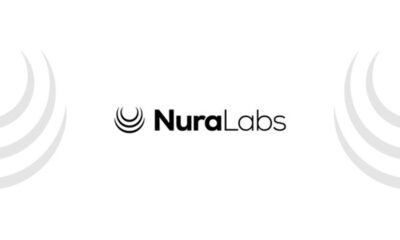Lifestyle
Lifeline Phone Program Is a Gamechanger for Low-income Families

The Federal Communications Commission (FCC), the government agency in charge of telecommunications in the United States, has a program that provides phone service to some of the country’s poorest and most rural communities.
The Lifeline program, enacted in 1985 and expanded several times since, provides a small monthly discount on landline or wireless phone service and internet services to qualifying low-income households. Almost nine million households currently receive some level of Lifeline service, including more than half a million households that receive free phone service.
The Lifeline program has been a gamechanger for millions of Americans, helping them stay connected with family and friends, access vital government services, and find employment.
The Discount
Qualifying U.S. citizens can receive a $9.25 discount, with tribal members receiving up to $34.25 off their monthly bill. The Lifeline discount is based on a household’s income, determined by the consumer’s tax return. The value can be applied to phone or internet services but cannot be applied to both. Likewise, it can be used as a landline or wireless service, but not both.
Free Phones, Service
Since enacting the program, many companies have offered free phones to low-income consumers who subscribe to their services. You’ve probably seen the ads on TV or on the roadside. Availability and coverage options vary by company and state. But for one example, a company in Tulsa called Assist Wireless touts free 5.5″ phones and low income cell service Oklahoma-based residents can get for free, provided they meet certain income or federal program requirements.
The Bottom Line
The Lifeline program has many benefits for consumers. It provides access to critical services, such as 911 and emergency services. It helps connect low-income consumers to job opportunities and educational opportunities, increasing their chances of employment. And it provides many other life-essential services, such as banking, healthcare, and prescriptions.
-

 Business7 days ago
Business7 days agoUS Stock Market Soars in May Amidst Tariff Tensions and Inflation Worries
-

 Foreign Policy5 days ago
Foreign Policy5 days agoInside Schedule F: Will Trump’s Federal Workforce Shake-Up Undermine Democracy?
-

 Press Release4 days ago
Press Release4 days agoIn2space Launches Campaign to Make Space Travel Accessible for All
-

 Press Release43 minutes ago
Press Release43 minutes agoNura Labs Files Revolutionary Patent: AI-Powered Wallet Solves the $180 Billion Crypto Staking Complexity Crisis














